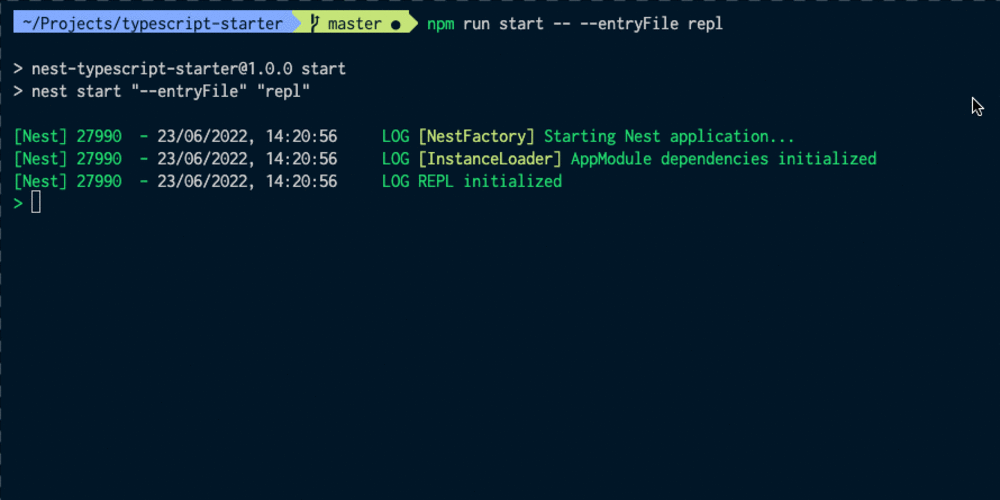Notarization plays a critical role in maintaining the integrity of various legal and official documents. Whether it's a real estate transaction, a legal affidavit, or a will, having a notary public authenticate the signing process ensures that the document is legitimate and enforceable. In recent years, the rise of mobile notaries has transformed this essential service, making it more accessible and convenient for individuals and businesses alike.
What is a Mobile Notary?
A mobile notary is a notary public who travels to meet clients at their preferred locations, whether it be their homes, offices, or other agreed-upon venues. Unlike traditional notaries who operate from a fixed location, mobile notaries provide flexibility and convenience, catering to the needs of clients who may have difficulty traveling or have tight schedules.
Differences Between Traditional and Mobile Notaries
Traditional notaries typically work from a single location, such as a bank, law office, or government building. Clients must visit them during specific hours to get their documents notarized. Mobile notaries, on the other hand, bring their services to the client, offering appointments outside regular business hours and in various locations. This flexibility is especially beneficial for individuals with mobility issues or those who require urgent notarization services.
The Responsibilities of a Mobile Notary
Verifying Identities
One of the primary duties of a mobile notary is to verify the identity of the individuals signing the document. This step is crucial to prevent fraud and ensure that all parties involved are who they claim to be.
**Administering Oaths
**Mobile notaries are authorized to administer oaths and affirmations. This is often required for affidavits and other legal documents where the signer must swear to the truthfulness of the information provided.
**Witnessing Signatures
**A mobile notary witnesses the signing of documents, ensuring that all signatures are made willingly and without coercion. This adds an extra layer of security and legitimacy to the notarized documents.
**Certifying Copies of Documents
**In some cases, a mobile notary may be required to certify that a copy of a document is a true and accurate reproduction of the original. This can be essential for legal, educational, and business purposes.
Why Choose a Mobile Notary?
Convenience and Flexibility
Mobile notaries offer unparalleled convenience. They travel to your location, saving you the time and hassle of commuting to a notary office. This is particularly beneficial for busy professionals, parents, or anyone with a demanding schedule.
Time-Saving Benefits
By coming to you, mobile notaries eliminate the need to take time off work or rearrange your day to fit in a notary appointment. This time-saving aspect makes the process of notarization much more efficient and stress-free.
Accessibility for Disabled or Elderly Clients
**For those with mobility issues, whether due to age, disability, or illness, a mobile notary provides a vital service. They ensure that everyone, regardless of their physical condition, has access to notarial services when needed.
**Common Documents Handled by Mobile Notaries
Real Estate Documents
Mobile notaries frequently handle real estate documents, such as deeds, mortgages, and loan documents. Their services are crucial during property transactions, ensuring all paperwork is correctly notarized.
Legal Affidavits
**Affidavits require notarization to confirm the truthfulness of the statements made. Mobile notaries can facilitate this process, making it easier for individuals to provide legally binding declarations.
**Power of Attorney
**Documents granting power of attorney are significant and often require notarization to be valid. A mobile notary ensures these documents are executed correctly, providing peace of mind to all parties involved.
**Wills and Trusts
**Wills and trusts must be notarized to be legally binding. Mobile notaries help ensure that these critical documents are signed and witnessed appropriately, securing the intentions of the individuals who create them.
**The Process of Using a Mobile Notary
Scheduling an Appointment
The first step in using a mobile notary is scheduling an appointment. Most mobile notaries offer flexible scheduling options, including evenings and weekends, to accommodate your needs.
Required Documentation
Before the appointment, you’ll need to gather all necessary documents and identification. This typically includes a government-issued ID and the documents that need notarization.
Steps During the Appointment
During the appointment, the mobile notary will verify your identity, witness your signature, and, if necessary, administer an oath. They will then affix their notarial seal and signature to the document.
Post-Appointment Procedures
After the appointment, ensure that you keep the notarized documents in a safe place. If additional copies are needed, the mobile notary may be able to provide certified copies upon request.
Mobile notaries play a vital role in today’s fast-paced world, providing essential services that offer convenience, flexibility, and accessibility. By understanding their responsibilities, the benefits they offer, and the challenges they face, you can better appreciate the value they bring to various legal and official processes.


















